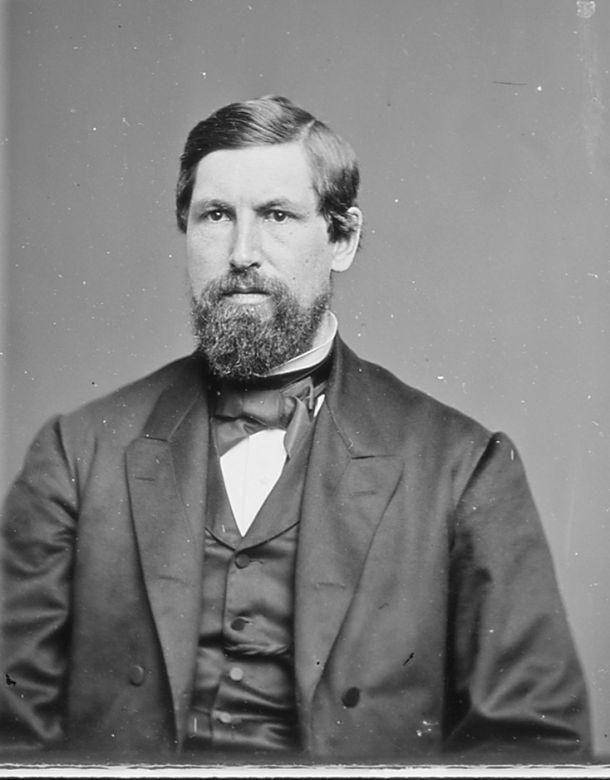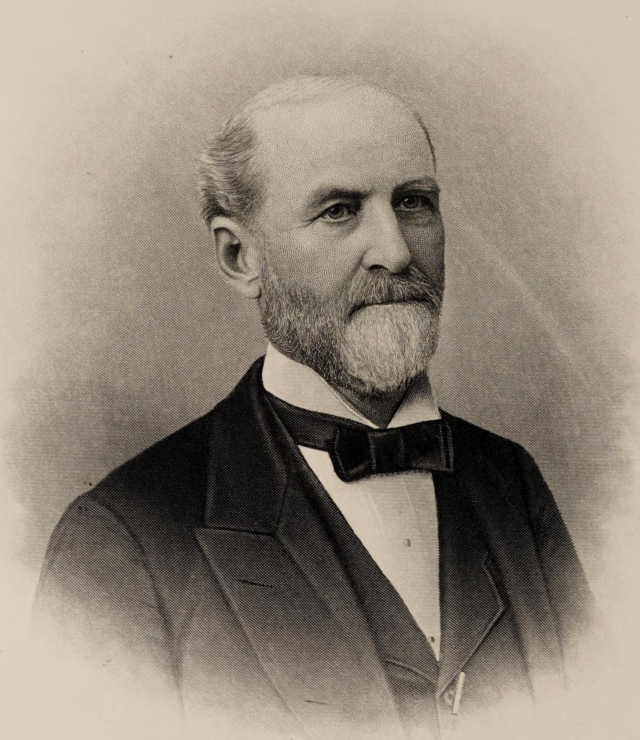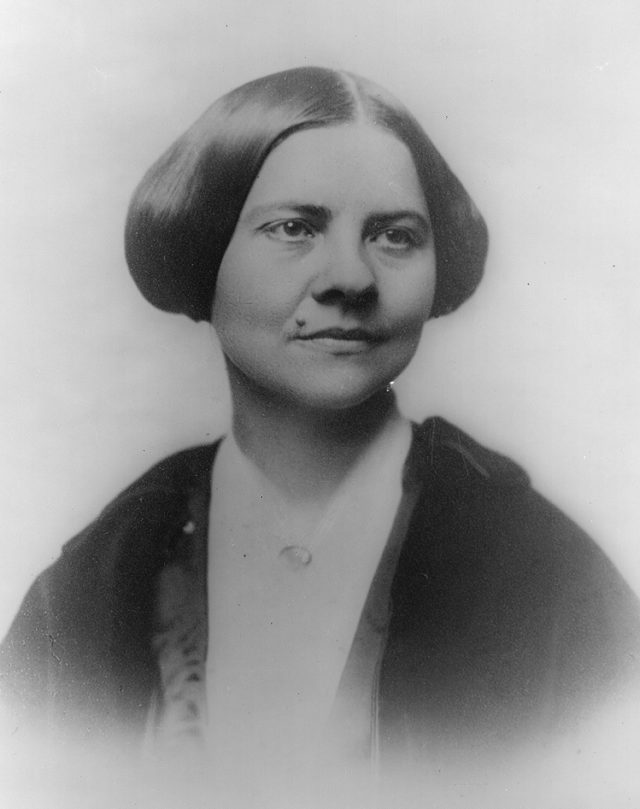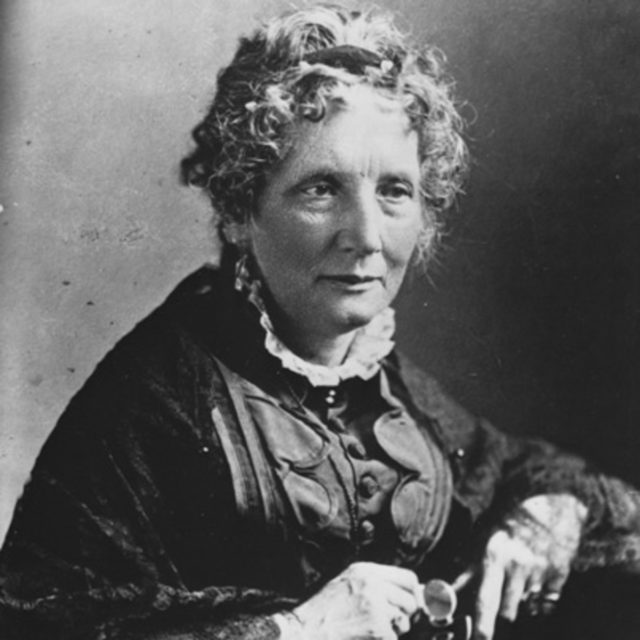“Am glad Bennett is to take the case with me.”
Lavinia Goodell, January 27, 1875
The case that spawned Lavinia Goodell’s epic battle for admission to the Wisconsin Supreme Court was Tyler v. Burrington. In November of 1874, Lavinia was retained by Lydia Burrington, a doctor’s widow who had been sued by a young woman whom the Burringtons had taken in ten years earlier and treated as a family member. The young woman claimed she had been treated as a servant and that Dr. Burrington had told her he intended to pay her for her work. Lavinia could tell that the case was likely to be a tough one, and she had only been practicing law for five months, so she looked for someone who would assist her. After Pliny Norcross turned her down, she turned to John R. Bennett.
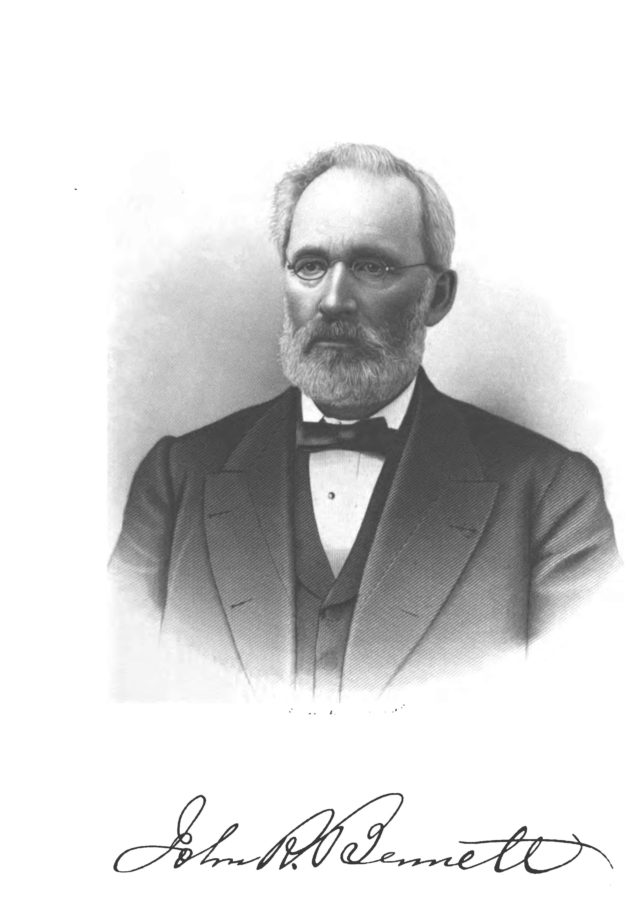
Bennett initially said he could not help Lavinia either, but by January 1875, to Lavinia’s relief, he changed his mind.
Continue reading →